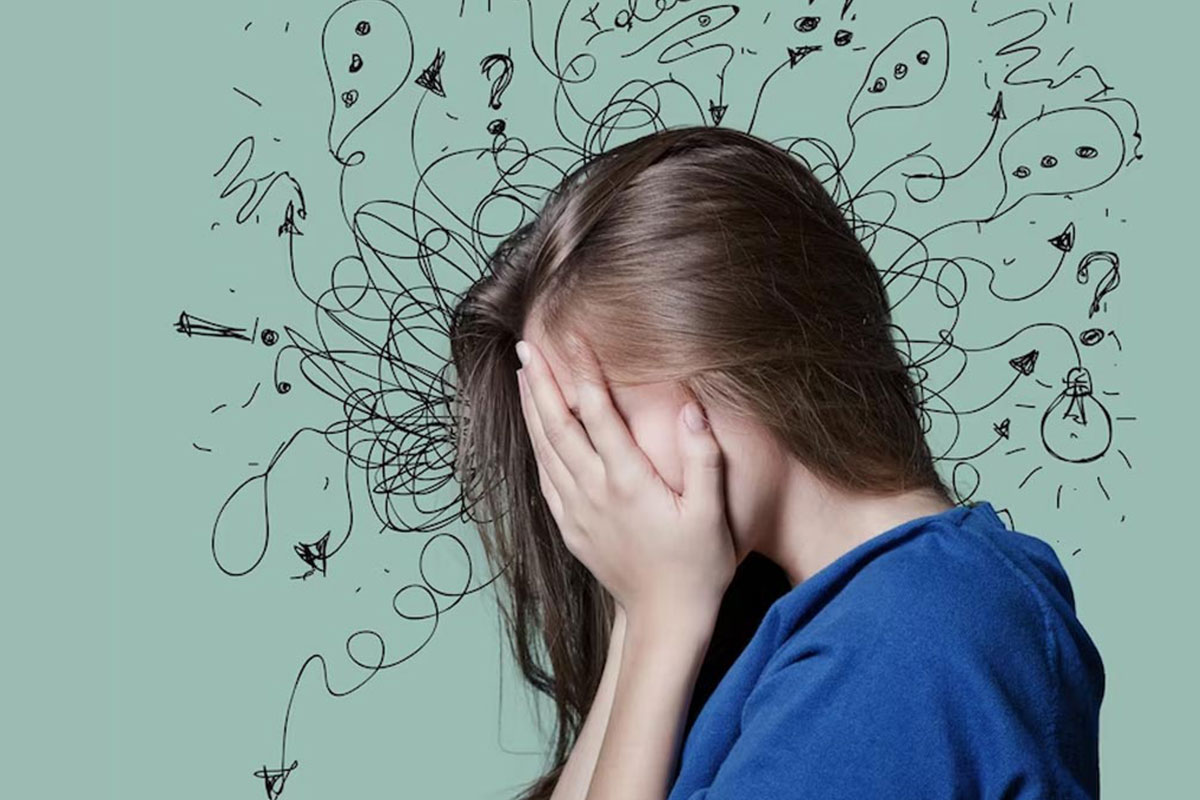

Anxiety is a complex and multifaceted emotion that affects millions of people worldwide. While it’s natural to experience occasional feelings of anxiety in response to stressful situations, chronic or excessive anxiety can significantly impact an individual’s quality of life and overall well-being. In this comprehensive guide, we’ll explore the various aspects of anxiety, including its symptoms, causes, and effective coping strategies.
What is Anxiety?
Anxiety is a normal human emotion that arises in response to perceived threats or dangers. It serves as a natural alarm system, triggering the body’s “fight or flight” response and preparing us to respond to potential threats. However, when anxiety becomes excessive or persistent, it can interfere with daily functioning and lead to significant distress.
Types of Anxiety Disorders
There are several different types of anxiety disorders, each characterized by specific symptoms and patterns of behavior:
1.Generalized Anxiety Disorder (GAD): GAD is characterized by persistent and excessive worry about a wide range of events or activities, often without a specific trigger. People with GAD may experience physical symptoms such as muscle tension, restlessness, and fatigue.
2.Panic Disorder: Panic disorder is characterized by recurrent panic attacks, which are sudden episodes of intense fear or discomfort that reach a peak within minutes. Panic attacks may be accompanied by symptoms such as palpitations, sweating, trembling, and shortness of breath.
3.Social Anxiety Disorder: Social anxiety disorder, also known as social phobia, is characterized by an intense fear of social situations or performance situations where the individual feels exposed to scrutiny or judgment by others. People with social anxiety may avoid social interactions or endure them with extreme distress.
4.Specific Phobias: Specific phobias are characterized by an intense and irrational fear of a specific object, situation, or activity. Common phobias include fear of heights, spiders, flying, and needles.
5.Obsessive-Compulsive Disorder (OCD): OCD is characterized by intrusive and unwanted thoughts (obsessions) and repetitive behaviors or mental rituals (compulsions) performed in response to these thoughts. OCD can significantly impair daily functioning and lead to distressing and time-consuming rituals.
Causes of Anxiety
The exact cause of anxiety disorders is not fully understood and is likely to involve a combination of genetic, biological, environmental, and psychological factors. Some potential causes and risk factors for anxiety disorders include:
Symptoms of Anxiety
Anxiety can manifest in a variety of physical, emotional, and cognitive symptoms, which may vary depending on the type and severity of the anxiety disorder. Common symptoms of anxiety include:
Coping Strategies for Anxiety
While anxiety disorders can be challenging to manage, there are several effective coping strategies and treatment options available:
1.Psychotherapy: Cognitive-behavioral therapy (CBT) and other forms of therapy, such as exposure therapy and mindfulness-based therapy, can help individuals identify and challenge negative thought patterns, develop coping skills, and gradually confront anxiety-provoking situations.
2.Medication: Antidepressants, anti-anxiety medications, and beta-blockers may be prescribed to help alleviate symptoms of anxiety and regulate brain chemistry.
3.Lifestyle modifications: Regular exercise, adequate sleep, healthy diet, stress management techniques (such as deep breathing exercises and progressive muscle relaxation), and limiting caffeine and alcohol intake can help reduce symptoms of anxiety.
4.Social support: Building a strong support network of friends, family, and mental health professionals can provide emotional support, encouragement, and practical assistance in coping with anxiety.
5.Relaxation techniques: Practicing relaxation techniques, such as meditation, yoga, tai chi, and guided imagery, can help calm the mind and reduce physical tension associated with anxiety.
6.Self-care: Engaging in activities that bring joy, fulfillment, and relaxation, such as hobbies, creative pursuits, and spending time in nature, can help promote mental well-being and resilience.
Conclusion
In conclusion, anxiety is a common and treatable mental health condition that affects millions of people worldwide. By understanding the symptoms, causes, and effective coping strategies for anxiety, individuals can take proactive steps to manage their symptoms, improve their quality of life, and cultivate greater mental serenity.
If you or someone you know is struggling with anxiety, it’s important to seek professional help from a qualified mental health professional. With the right support and treatment, individuals can
learn to manage their anxiety effectively and live fulfilling and meaningful lives.
